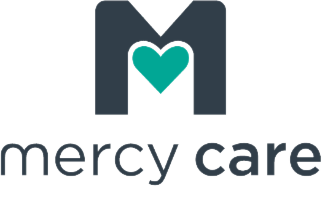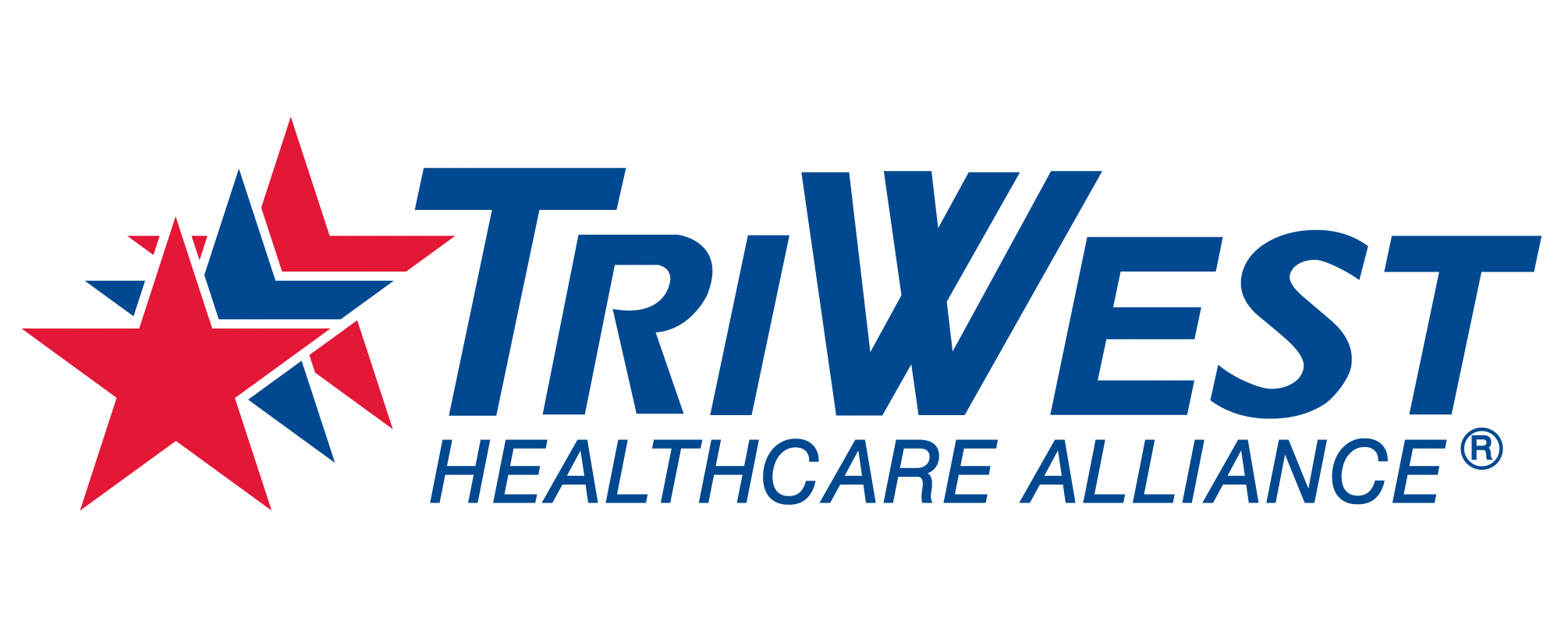In between 2010 and 2016, the number of people diagnosed with opioid addictions increased by a whopping 493 percent. And, unfortunately, many of these addicts don’t receive treatment for their conditions.
But you want to defy those odds. In order to do so, you must first come clean about your addiction.
Admitting you have a problem, however, isn’t easy. Sharing this information with your family will take you on an emotional roller coaster. Further still, you have to be prepared for some of your loved ones to react badly.
Of course, these potential reactions aren’t excuses not to tell them. That said, here’s a guide to telling your family that you’re addicted to opiates:
Stop Putting Your Confession Off
Owning up to your addiction takes mere seconds. You just have to utter four simple words:
I have an addiction.
So stop talking yourself out of telling your family about your addiction. Because if you make excuses today, you’ll keep making excuses.
Continued excuses can be deadly for an addict. The CDC’s recent data indicates that the country’s overdose rate is currently 2.5 times the rate it was almost two decades ago.
And there’s another reason to immediately own up to your addiction:
Each additional day you spend feeding your addiction is going to make your recovery more difficult. You’ll put yourself and your family through much worse if you allow your addiction to worsen.
Don’t Let Judgment Deter You
Let’s be clear here: Not everyone is going to support you on your journey to sobriety.
Some of your family members and friends are going to judge you. They’re not going to understand why or how you got to where you are today.
Which is okay.
You don’t need everyone to understand your actions. Because this confession is about making sure that you get the help you need.
In any case, judgment doesn’t always point to a lack of support. If your loved ones judge you, they might do so because they’re hurt by your actions.
For this reason, we recommend that you give them some time to come to terms with the reality. With enough time, some of them will come to accept and support you.
Take Responsibility
As we said above, your confession is about making sure you get help. Even so, it’s also about taking responsibility for the effects of your actions.
Whether they mean to or not, addicts often cause their loved ones immense pain. Their families and friends spend hours worrying about their health and well-being. As a result, the least you could do is take responsibility for the pain you’ve inflicted on them.
You should also refrain from blaming your family for your addiction. Playing the blame game is not going to make your family more receptive to what you have to say.
Be Honest About the Cause
Okay. So you don’t want to play the blame game while telling your family about your addiction. At the same time, you want to be completely honest about the cause of your addiction.
So if the cause of your addiction is closely related to your loved ones? Be upfront about that fact.
The challenge here is sharing your feelings with your family and friends without making them feel guilty or responsible for your addiction. Our best advice is to focus on how you feel rather than on what they did.
For instance, refrain from saying, “You made X happen.” Instead, try saying, “I feel bad about X.”
The first statement focuses on assigning blame. The second one focuses on the emotional impact the event had on you.
Apologize
As an addict, you’re going to feel vulnerable once you’ve come clean. Some of your family and friends will express disappointment. Others will judge you.
This judgment isn’t going to feel good. And, to be fair, tearing you down isn’t going to be kind of those people who choose to do so.
But here’s the thing:
You still need to apologize for your actions.
No, we’re not asking you to apologize for being an addict. Addiction is a disease, so you can’t just stop being one overnight.
We are, however, asking you to apologize for the emotional impact your actions have had on the people around you. We’re also asking you to be honest about how your addiction has affected them in ways they were unaware of.
Did you ever, for instance, take money from a loved one to feed your addiction? If so, be honest about it.
Present Your Plan of Action
Telling your family that you’re an addict is not enough to ensure that you get the support you need. Because admitting you have a problem isn’t the same thing as committing to getting better.
For this reason, the conversation you have with your family should involve presenting your plan of action. Your family needs to know that you have a plan to get better.
Of course, no one is asking you to have everything figured out. We’re only asking that you understand what getting sober entails (opiate withdrawal, etc.) and show that you’re taking the right steps.
What to Do If Your Family Doesn’t Support You
Even after an addict has done all of these things, sometimes his or her family doesn’t come around. That said, you have to be prepared for this outcome.
Let’s, however, make one thing clear:
You family’s potential lack of support isn’t an excuse for you not to have this conversation. Nor is it an excuse for you not to attempt to get better afterward.
At the end of the day, getting better is something you have to do for yourself. And while you’d rather have your family along for the ride, going it alone shouldn’t be out of the question.
Having said that, don’t hesitate to seek out support groups if you’d like someone in your corner. Opening up to strangers can be difficult, but meeting other people who struggle with addiction can motivate you to get better.
Admitting You Have a Problem Is the First Step
Regardless of how your family responds to the news, admitting you have a problem is the first step. You won’t move beyond your addiction if you can’t be honest about it with the people you care about the most.
Once your secret is out, we suggest that you seek professional help. Doing so will make the process a lot less grueling for you.
Are you currently battling an opiate addiction? If so, please contact us for more information about the treatment options that are available to you.







